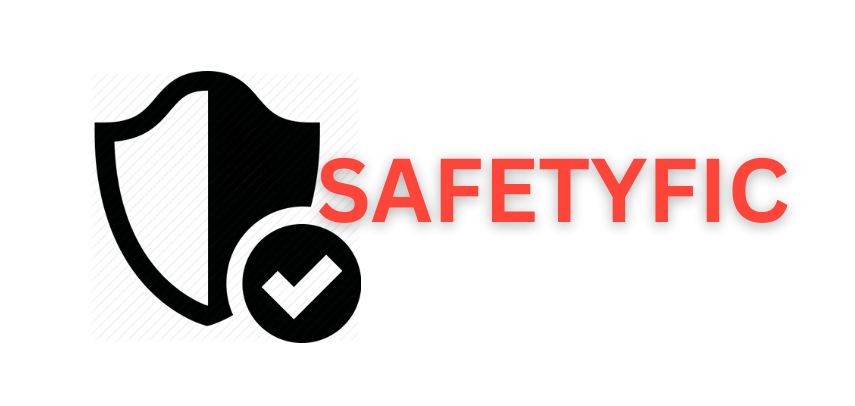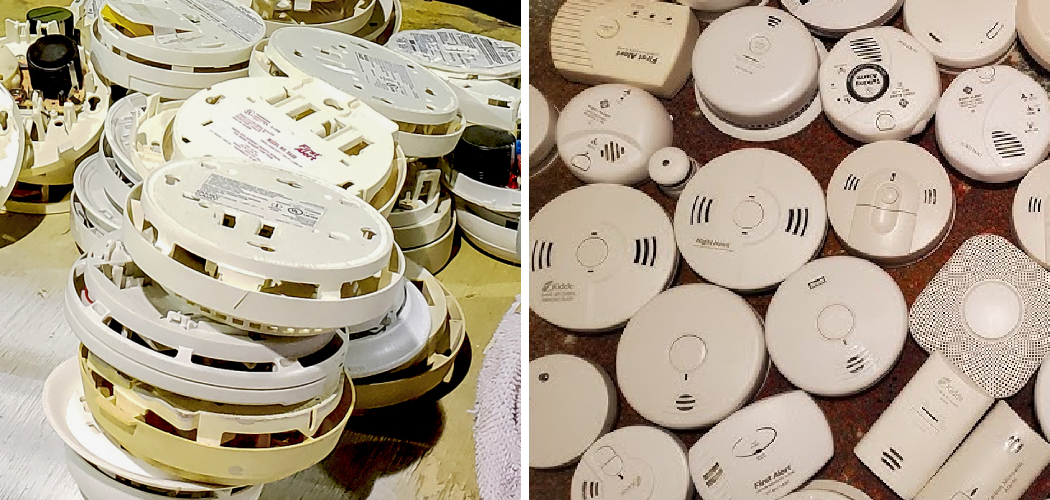Recycling smoke detectors is an important step in managing household waste responsibly and protecting the environment. These devices, crucial for home safety, often contain small amounts of radioactive materials or other hazardous components that require special handling. Properly recycling smoke detectors helps prevent the release of harmful substances into the ecosystem and ensures
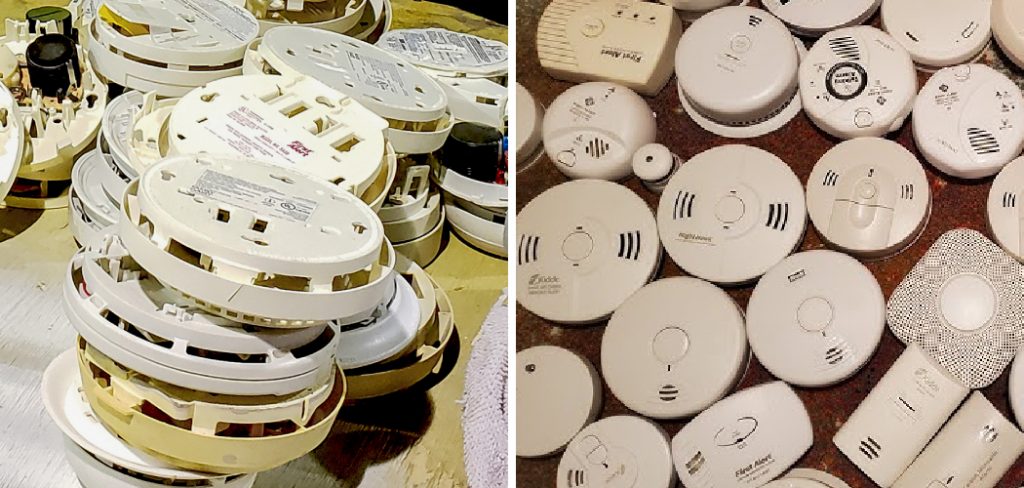
that valuable materials are recovered and reused. In this guide, we will explore how to recycle smoke detectors, ensuring compliance with local regulations and contributing to a sustainable future.
The Importance of Recycling Smoke Detectors
Recycling smoke detectors is crucial due to both their environmental impact and the safety components they contain. Many smoke detectors use small amounts of radioactive material, such as americium-241, for their ionizing capabilities. Improper disposal of these devices can lead to hazardous waste, posing a threat to both human health and the environment. By recycling, we ensure these materials are handled with care, preventing any potential contamination.
Moreover, recycling allows for the recovery of valuable materials like plastic and metal that can be repurposed, reducing the need for raw material extraction. As a result, recycling smoke detectors not only safeguards our ecosystems but also promotes resource efficiency, embodying a critical aspect of responsible waste management and sustainability efforts.
Types of Smoke Detectors and Their Components
Smoke detectors come in various types, each designed to detect smoke using different methods. The two most common types are ionization smoke detectors and photoelectric smoke detectors. Ionization smoke detectors are particularly effective at detecting fast-flaming fires. They contain a small amount of americium-241, a radioactive element that ionizes the air within the detector’s chamber. When smoke particles enter the chamber, they disrupt the ionization
process, triggering the alarm. On the other hand, photoelectric smoke detectors are better at detecting smoldering fires. They use a light beam and a photocell; when smoke enters the optical chamber, it scatters the light beam, which then hits the photocell and activates the alarm.
In addition to these, there are dual-sensor smoke detectors that combine both ionization and photoelectric technologies, providing comprehensive coverage against different fire types. Each detector type has a casing usually made of plastic which houses its respective electronic components and sensors. Understanding these components is essential for safe recycling practices as it requires careful handling to address both the potential radioactive elements and the valuable recyclables they contain.
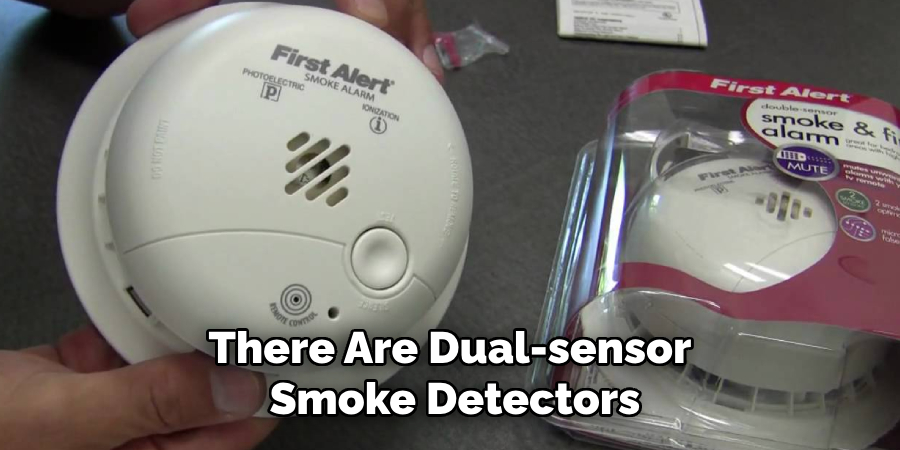
10 Methods How to Recycle Smoke Detectors
1. Check with the Manufacturer for Take-Back Programs
Many smoke detector manufacturers have take-back or recycling programs in place for their products. If your smoke detector has reached the end of its life, you can check the manufacturer’s website or contact their customer service to see if they offer a return program. Brands like Kidde and First Alert often provide instructions on how to send back old detectors for proper disposal or recycling.
This method ensures that the device will be handled responsibly, as the manufacturer will have the necessary facilities to deal with any hazardous materials.
2. Locate a Local E-Waste Recycling Facility
Since smoke detectors contain electronic components, they can often be accepted at e-waste recycling centers. These facilities are equipped to process electronic devices, extracting valuable materials like metals while safely disposing of hazardous components. Contact your local waste management facility or search online for nearby e-waste recyclers that accept smoke detectors.
Be sure to call ahead and confirm that they accept this specific type of device, as not all e-waste recyclers handle smoke detectors due to the small amounts of radioactive material they may contain.
3. Mail-In Recycling Services
If you cannot find a local recycling facility or manufacturer take-back program, some mail-in recycling services accept smoke detectors. These programs typically provide you with a pre-labeled shipping box or envelope, which you use to send in your old detector. Services such as Curie Environmental Services specialize in safely handling and recycling ionization smoke detectors, which
contain small amounts of radioactive material. Although these services may charge a fee, they offer a convenient way to ensure that your smoke detector is properly recycled.
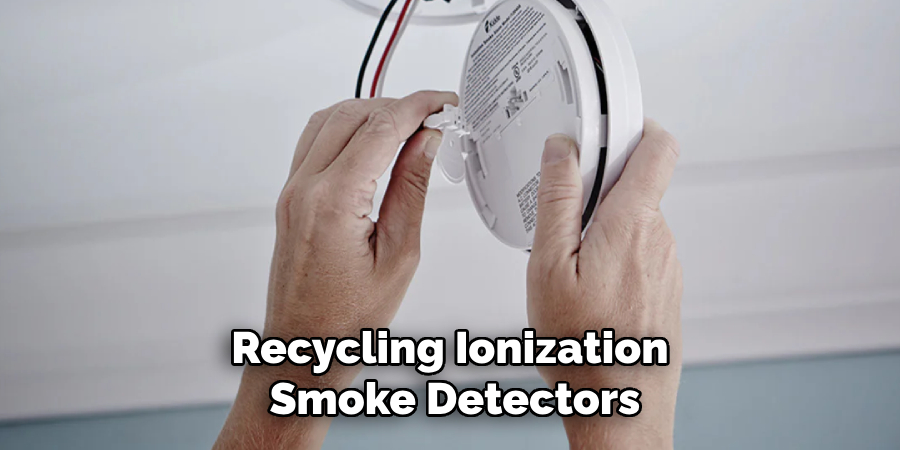
4. Contact Your Local Hazardous Waste Disposal Program
Many municipalities have hazardous waste disposal programs to manage items that cannot be thrown away in regular household trash. Smoke detectors, particularly ionization models, fall under this category due to their radioactive content. Check with your local hazardous waste facility to see if they accept smoke detectors and find out about any specific drop-off days or collection
events. These facilities are equipped to safely handle and dispose of devices with radioactive materials or other hazardous substances, ensuring minimal environmental impact.
5. Disassemble the Detector for Component Recycling
If recycling the entire smoke detector at once proves difficult, you may be able to disassemble it and recycle individual components separately. Most smoke detectors are composed of plastic casing, electronic circuitry, and sometimes a battery. The plastic and electronic parts can be taken to a local recycling center that accepts such materials, while the battery should be disposed of at a battery recycling facility.
Be sure to handle ionization detectors carefully if you attempt to disassemble them, as the radioactive element should never be exposed or tampered with.
6. Utilize Household Hazardous Waste (HHW) Collection Events
Many cities and towns host Household Hazardous Waste (HHW) collection events, where residents can bring hazardous items, including smoke detectors, for safe disposal. These events are often organized by local governments or waste management agencies and provide a convenient way to dispose of smoke detectors alongside other hazardous materials like batteries, paint, and chemicals.
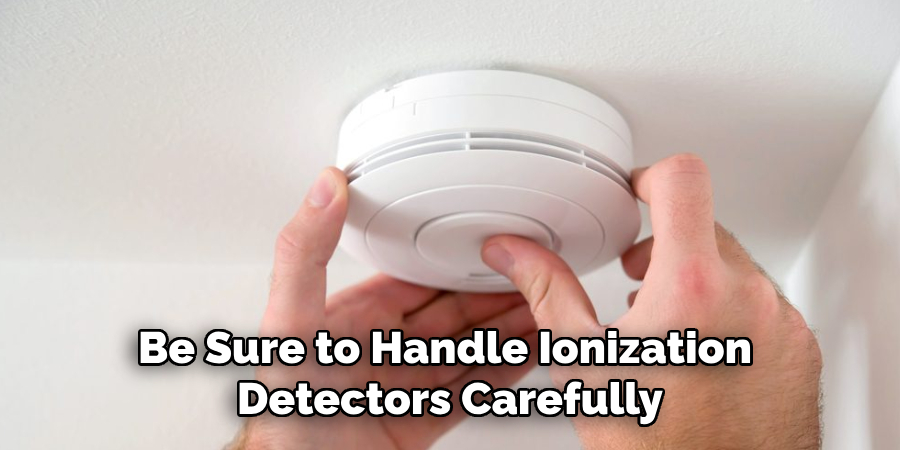
Check with your local government or waste management provider to find out when the next HHW event is scheduled and whether they accept smoke detectors.
7. Donate Smoke Detectors That Are Still Functional
If your smoke detector is still in working condition but you’re replacing it with a newer model, consider donating it to organizations that provide support to low-income families or communities. Some local fire departments, shelters, or charitable organizations may accept used but functioning smoke detectors. This not only helps someone in need but also extends the life of the detector,
reducing electronic waste. Make sure to check with the organization to see if they have any specific requirements or restrictions before donating.
8. Recycle Batteries Separately
If your smoke detector contains a replaceable battery, particularly a lithium or alkaline battery, it’s important to recycle the battery separately before recycling the device itself. Batteries should never be thrown away in regular household trash, as they can leak harmful chemicals into the environment. Most hardware stores, battery retailers, and recycling centers have designated bins for battery recycling.
Once the battery is removed, the remaining components of the smoke detector can be processed through e-waste recycling or manufacturer take-back programs.
9. Return to Retailers with Recycling Programs
Some large retailers that sell smoke detectors, such as hardware or home improvement stores, have recycling programs for electronic waste. These stores may accept smoke detectors as part of their e-waste recycling efforts. Contact your local retailer, particularly those that sell fire safety equipment, to ask if they accept old smoke detectors for recycling.
Some stores even offer in-store drop-off bins for electronics and batteries, making it easy to recycle your smoke detector when you visit.

10. Educate Yourself on State and Local Regulations
Different regions have varying regulations regarding the disposal and recycling of smoke detectors, particularly due to the potential presence of radioactive material in ionization detectors. Some states require that smoke detectors be returned to the manufacturer for disposal, while others allow them to be handled through local hazardous waste programs. Research your state or city’s specific
guidelines on smoke detector disposal to ensure that you’re following the proper procedures. Being informed about local regulations helps protect the environment and prevents improper disposal practices.
Things to Consider When Recycling Smoke Detectors
When it comes to recycling smoke detectors, various factors can influence the most appropriate disposal method. Firstly, identify the type of smoke detector: ionization models contain a small amount of radioactive material, necessitating careful handling, while photoelectric detectors do not. Secondly, consider the age and functionality of the device; operational detectors could be repurposed
through donation programs rather than recycled. Thirdly, explore local resources, including municipal programs and private services, that adhere to environmental guidelines and manage these specific types of e-waste. Finally, verify any fees associated with recycling services, as well as the environmental impact, ensuring that the chosen method supports sustainability and compliance with regulations.
By considering these factors, you can responsibly recycle smoke detectors and contribute to environmental preservation.
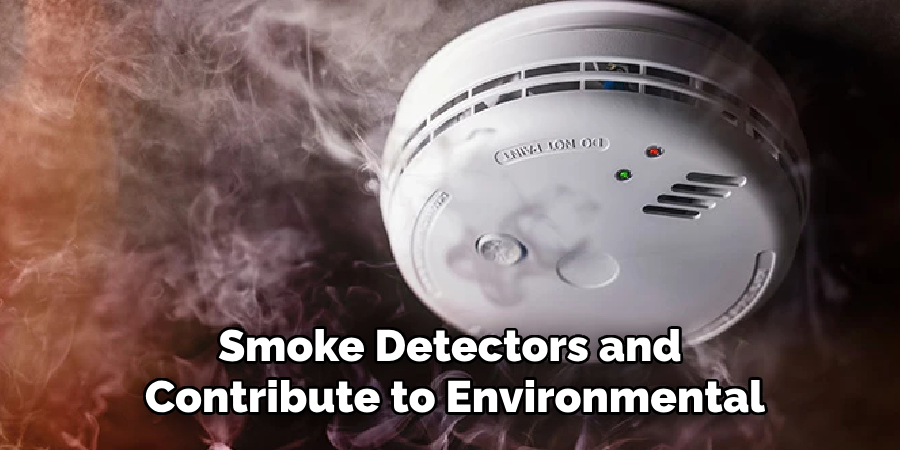
Conclusion
Recycling smoke detectors responsibly is essential for minimizing environmental impact and ensuring public safety. By understanding the type of smoke detector you own and exploring various recycling options—such as retailer take-back programs, HHW events, or manufacturer returns—you can dispose of these devices safely and in compliance with local and state regulations.
Thanks for reading, and we hope this has given you some inspiration on how to recycle smoke detectors!
